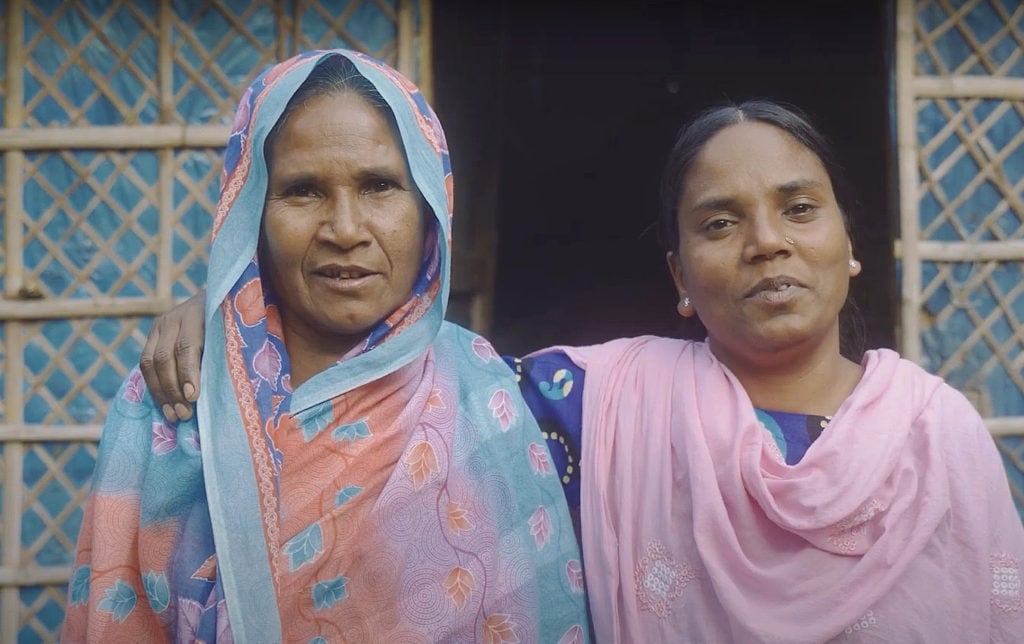Violence against women and girls is one of the biggest barriers to social progress. To break its vicious cycle in Rangpur district, Northern Bangladesh, Cordaid supports GBV survivors in becoming financially more independent and more aware of their rights. “I was nothing but an eyesore. Today I survive on my own and inspire others to fight and move forward”, says one GBV survivor.

Gender-based violence is about more than afflicting physical and mental suffering. It also limits women in making their own choices and obstructs their access to education and the labour market. It restraints their participation in social and public life. And it deprives societies, women and men alike, of at least half their full potential.
Nurjahan Begum knows that all too well. At one point, her husband’s family had dragged her out of a bus and thrown her in front of the wheels. Her legs were run over. “After I had filed a case against my husband after he had remarried someone else, his family set up an ambush to kill me”, she explains.
Skills training and non-formal education
Luckily, Nurjahan survives the attack. “After the divorce, I went back to my father’s home. Nobody looked at me. I was nothing but an eyesore to everyone”, she adds.
To reach out to her and many other GBV survivors in Rangpur District, Cordaid launched a project, the Transformation of Life for the Gender-Based Violence Affected Women and Girls. It is funded by Kerk in Actie (KiA) and implemented by RDRS Bangladesh, a local NGO.
“I never had an income source. Now I earn my own living and survive on my own. In the future, I want to inspire everyone to move forward.”
RDRS caregivers provide mental health support and connect survivors to other services, like free legal aid. But above all, they empower young women and girls by offering skills development training and non-formal education on women’s rights. As you can see in the video above.
“It’s the best thing that happened”
“I received a 6 months training”, Nurjahan comments. “In tailoring, stitching, candle making, electrical appliances repair. In my village, tailoring and home wiring [repair] were the most profitable activities.”
Today, she raises her own income. “I never had an income source. Now I earn my own living and survive on my own. It’s the best thing that happened. In the future I want to inspire everyone to move forward”, she concludes.
Altogether, the GBV project in Rangpur reached 4,802 direct programme participants, and around 30,000 community people benefited from the project indirectly.
